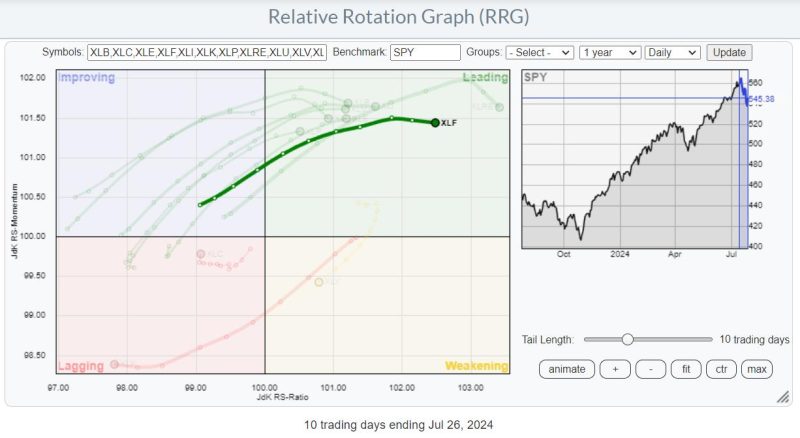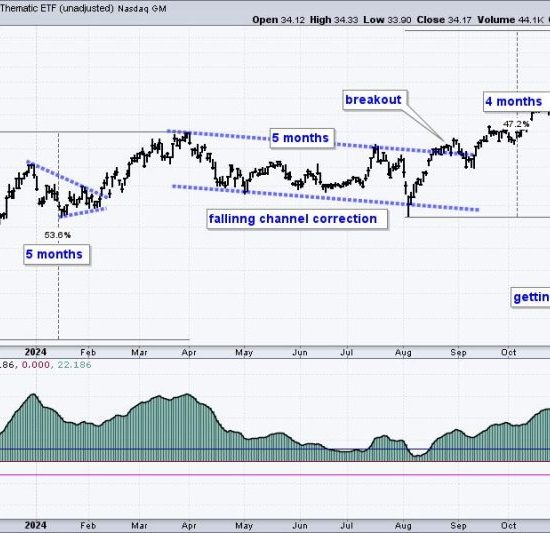Body of article:
The intriguing world of financial markets has taken a turn towards the future. With advancements in technology, financial transactions are becoming more modern, ushering the era of Flying Financials. As revolutionary as they may sound, the question persists: will it be enough?
Flying financials refers to the phenomenon of financial services taking to new heights with advancements in digital technologies. These predominantly include fintech, cryptocurrencies, and mobile banking. This realm’s main focus is on how financial transactions and services are becoming more borderless, with minimized geographical or temporal restrictions.
Fintech, or financial technology, is at the forefront of this change. It extensively covers the intersection of finance and technology, enabling services like online banking, automated investment services, and even insurance tech. Fintech companies such as Stripe, Square, and Ant Financial have spearheaded innovations that revolutionize how people manage their finances.
The second feature of Flying Financials is cryptocurrencies. Cryptocurrencies, like Bitcoin and Ethereum, are digital or virtual currencies that use cryptography for security. Their decentralized nature challenges traditional banking and governmental authority as it enables instantaneous transactions worldwide, fostering a more inclusive global financial system.
Mobile banking, another critical facet of Flying Financials, offers convenience to users with transactions and banking services accessible at your fingertips. You can deposit checks, transfer funds, make payments, analyze expenditures, and even secure loans without ever visiting a physical branch.
While the realm of Flying Financials exhibits significant potential, it’s crucial to discern whether it will suffice in addressing the present and upcoming challenges.
One of the primary issues it seeks to address is financial exclusion. Worldwide, around 1.7 billion adults lack access to a bank account, a problem exacerbated by geographical or financial restrictions. Flying financials could potentially democratize access to financial services, reducing inequality and promoting economic growth.
Furthermore, Flying Financials could revolutionize transactions, making them faster, cheaper, and more transparent. Traditional banking often involves cumbersome processes and charges, which could decrease with the digital shift.
Albeit, it’s worth noting the challenges this trend has to face. Cybersecurity is a significant concern with increased digitization. Hackers and cybercriminals can exploit the vulnerabilities in digital platforms, leading to data breaches and financial losses.
Next, regulatory compliance is another critical challenge. Traditional banking and finance comply with strict regulations, which is not the case with cryptocurrencies or fintech. Stringent regulations need to be put into place to prevent misuse and assure the safety of individuals’ money.
Above all, people’s willingness to adapt to these changes is the ultimate obstacle. There is a comfort in the customary, and it will take a strong cultural shift for traditional bank people to transition fully to digital.
In conclusion, Flying Financials brings a promise of a transformed financial landscape, bridging gaps and breaking boundaries. However, it will need to navigate through various cybersecurity risks, regulatory challenges, and the deeply entrenched resistance to change.




